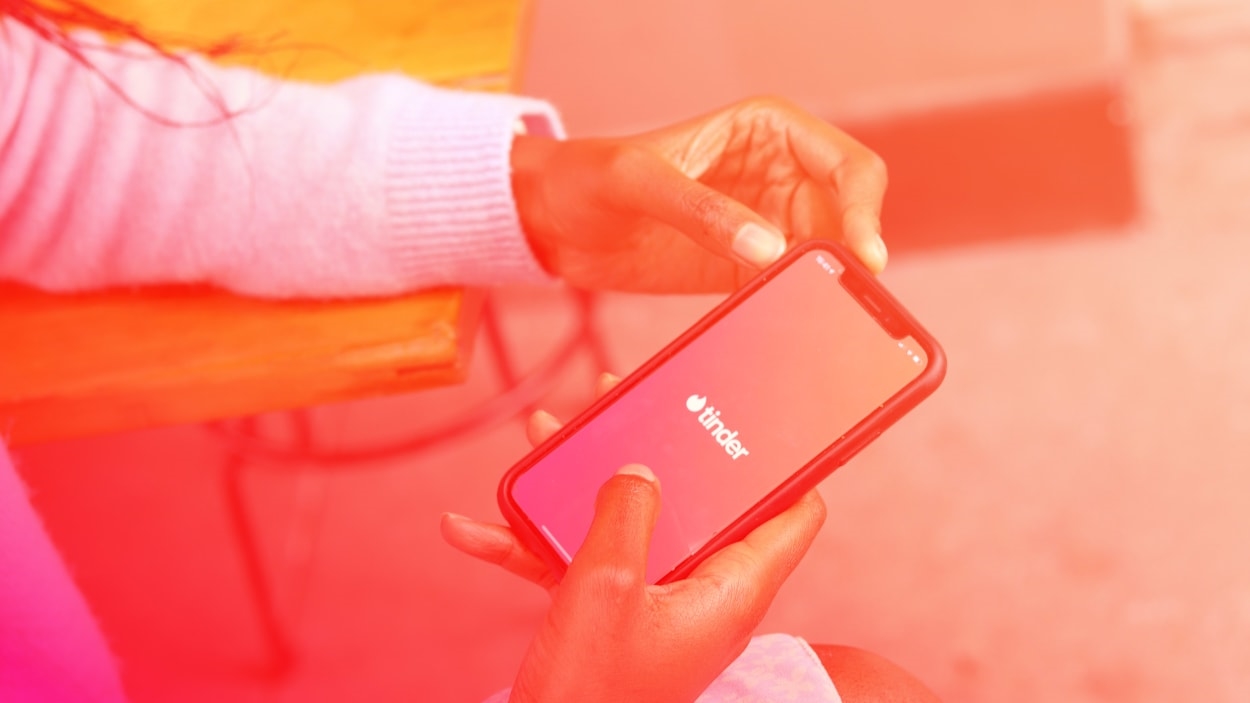Tinder’s CPO teases a ‘fresh and new’ feel, talks generative AI
Tinder has been on a mission this past year to reinvent its image and woo Gen Z singles. Now, the legacy dating app is gearing up for what could be a new era, Tinder’s CPO Mark van Ryswyk hinted Wednesday.
“We’re stepping in and making a bold change at Tinder,” van Ryswyk said on stage at the Reuters Momentum festival. “It’s a product that you’re going to see evolve significantly, and it’s going to feel fresh and new.”
Tinder, now more than a decade old, has essentially been branded as a hookup app for people who aren’t looking for anything long term. But the company has implemented significant changes since Match Group CEO Bernard Kim took over last year. Tinder increased its focus on its product roadmap, including testing a $500 per month subscription offering. It also launched its first-ever marketing campaign.
Van Ryswyk on Wednesday singled out three key elements to tackle that it says are behind common user problems: realness, respect, and relevancy. “There’s an opportunity for us to deliver something by end of year that’s going to start to tackle these things,” he added. A spokesperson for Match Group, which owns Tinder, declined Wednesday to expand on van Ryswyk’s product comments.
When it comes to “realness,” users want more depth than a few profile pictures and sentences can provide. “The picture feels too transactional at times, and I want to understand more dimensionality around an individual,” van Ryswyk said. “Relevancy” efforts are aimed at connecting serious-intent daters with one another. He said that more than 40% of its members are looking for a more serious relationship. Meantime, “respectfulness” features will consist around improving controls and safeguards for users.
Generative AI will certainly have an overall “key role” when it comes to helping individuals find connections, he said. Tinder has years of data when it comes to what works and doesn’t for profiles, and it could assist users who need help choosing photos or writing their bios. It could also help users start conversations once they match with someone, similar to how LinkedIn will recommend opening messages or Gmail will suggest responses.
“Where with these rich data sets can we use to generative AI, not to write the conversation, not to have AI talk to AI, but just to give those little assists, those little nudges to get you through that,” van Ryswyk said. “Because often what happens is that’s a moment you stop and maybe you just don’t send that message. And maybe that becomes a misconnection. And wouldn’t that be just so much more powerful if we can just help you find those words to start a great conversation?”
(20)



